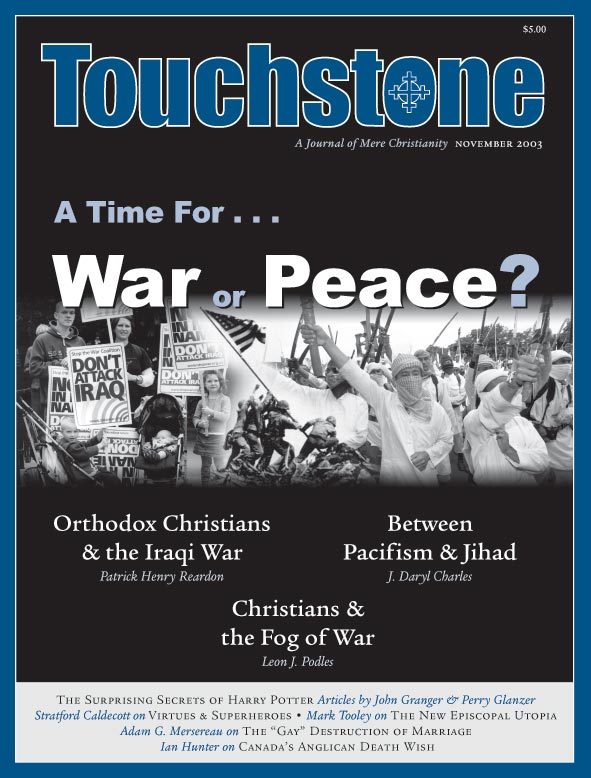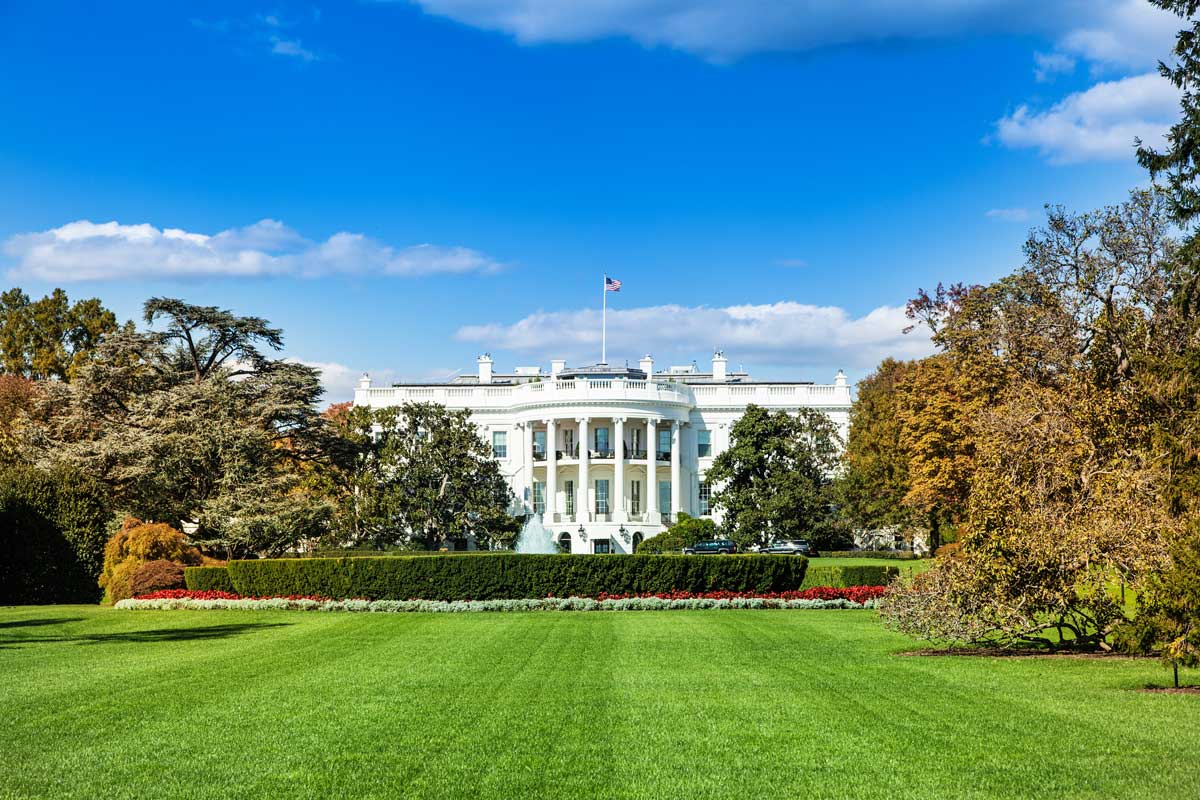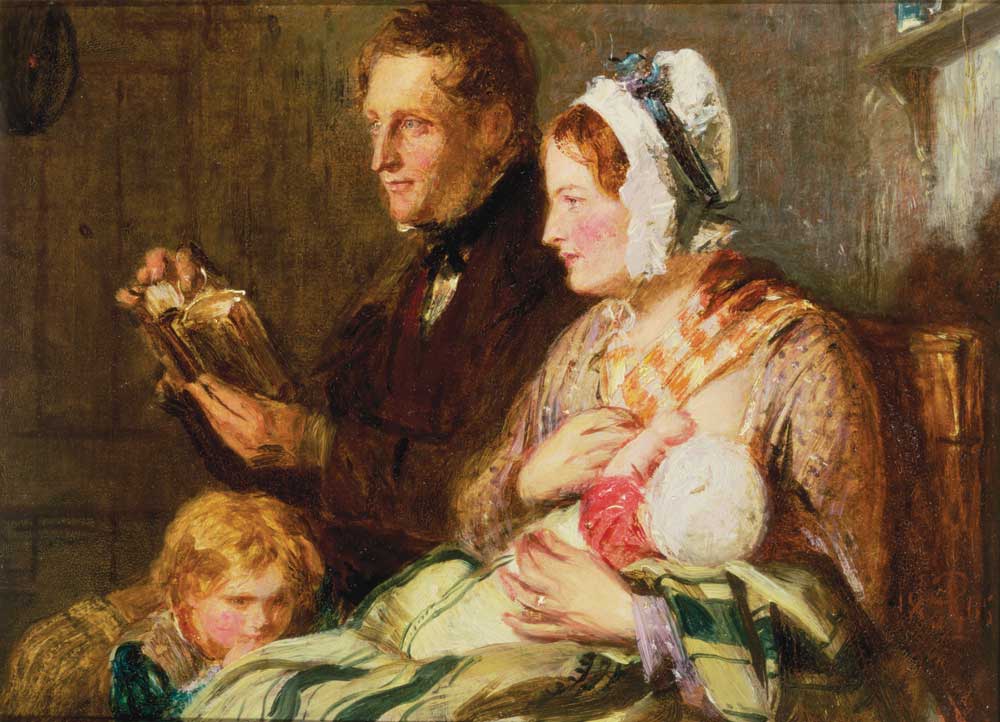The Evangelical & the Academy
In the cover feature of the October 2000 Atlantic Monthly, Alan Wolfe considers the “Opening of the Evangelical Mind.” He observes that American Evangelicals, while the lineal heirs of fundamentalism, have rejected their forebears’ anti-intellectualism and developed a surprisingly competent academy. He notes, however, that schools like Wheaton, Calvin, and Fuller, to remain true to their Evangelical heritage (and, one presumes, to their constituencies), must also relinquish any real allegiance to the principle of academic freedom when they insist, as they all presently do, that faculty affirm institutional statements of faith or denominational confessions.
Wolfe suggests a conclusion that has been easy to repress among those whose independence from fundamentalist constrictions has been an article of faith for more than a half century: No confessedly Evangelical (indeed, one must say, any Christian) institution, no matter how loose it sits to its professed beliefs, will have the respect of the intellectual establishment until institutional Christianity becomes part of a history overcome. He believes that what is moving the Evangelical schools along the right path is an opening process—a process in which Evangelical scholars have self-consciously been engaging for years. The logical, and perhaps, historically speaking, inexorable end to which Wolfe points is that these schools become secular, like the vast majority of American colleges that started their courses as Evangelical—an evolution copiously documented by George Marsden in The Soul of the American University.
Wolfe notes Stanley Fish’s observation that what is called academic freedom in the secular academy does not in fact exist, that it “rather than being open to all points of view, is open to all points of view only so long as they offer themselves with the reserve and diffidence appropriate to Enlightenment decorum, only so as they offer themselves for correction.” This dominant academic temper, no less fundamentalist than fundamentalism, has given cold comfort to the Evangelical intellectual who has consistently shown, from the beginnings of his existence as such, great sensitivity about his “color difference” from the larger academy, and a strong desire to be as like (academic) folk as possible. He wishes to be an Evangelical Christian on one hand and a card-carrying academic as well—yet in a world accurately described by Fish as constitutionally hostile to religious dogma. On one side lies the fundamentalist intransigence he denounces at every opportunity, on the other the illiberality of academic irreligion, which he ignores when he can. As an Evangelical in the pay of Evangelicals, he still bears the stigma of religious conviction (might we call it the “dogmata”?), so, no matter what his skill or accomplishment, his rejection of fundamentalism is rarely enough to gain him entrance, particularly in the humanities, to anything but the vestibule of the club of which he so desperately wishes to be a fully recognized member.
THIS ARTICLE ONLY AVAILABLE TO SUBSCRIBERS.
FOR QUICK ACCESS:
S. M. Hutchens is a senior editor and longtime writer for Touchstone.
subscription options
Order
Print/Online Subscription

Get six issues (one year) of Touchstone PLUS full online access including pdf downloads for only $39.95. That's only $3.34 per month!
Order
Online Only
Subscription

Get a one-year full-access subscription to the Touchstone online archives for only $19.95. That's only $1.66 per month!
bulk subscriptions
Order Touchstone subscriptions in bulk and save $10 per sub! Each subscription includes 6 issues of Touchstone plus full online access to touchstonemag.com—including archives, videos, and pdf downloads of recent issues for only $29.95 each! Great for churches or study groups.
Transactions will be processed on a secure server.
more from the online archives
calling all readers
Please Donate
"There are magazines worth reading but few worth saving . . . Touchstone is just such a magazine."
—Alice von Hildebrand
"Here we do not concede one square millimeter of territory to falsehood, folly, contemporary sentimentality, or fashion. We speak the truth, and let God be our judge. . . . Touchstone is the one committedly Christian conservative journal."
—Anthony Esolen, Touchstone senior editor









